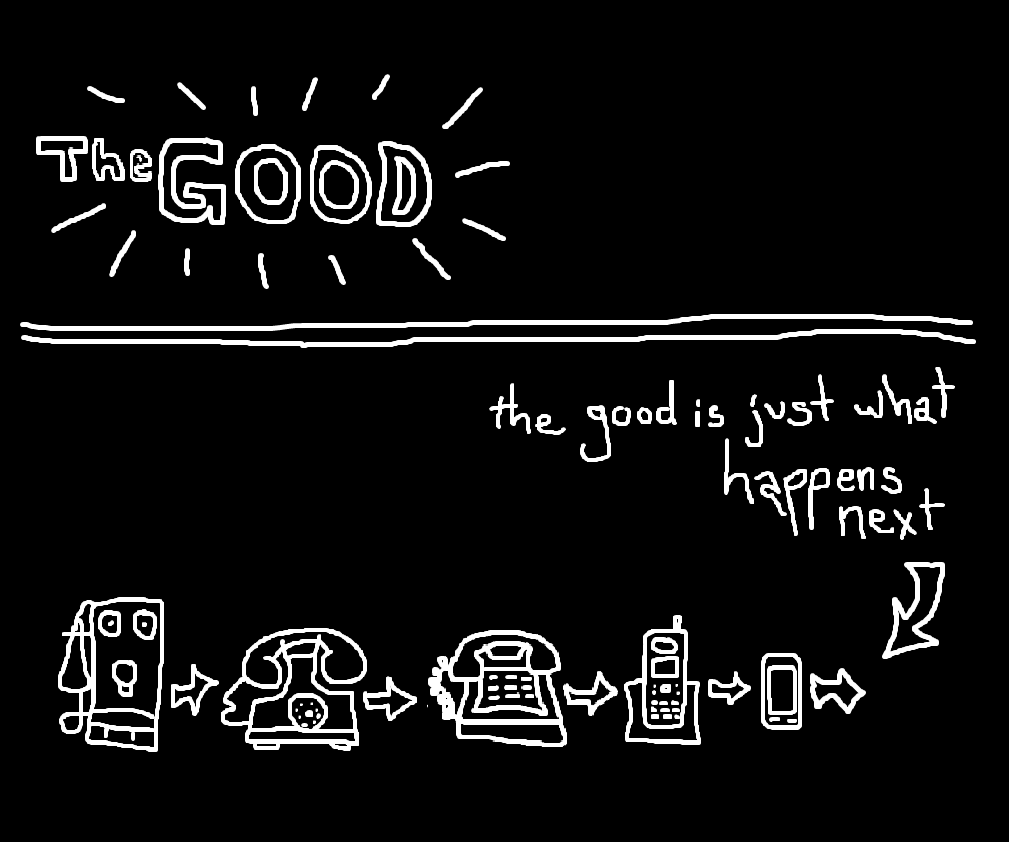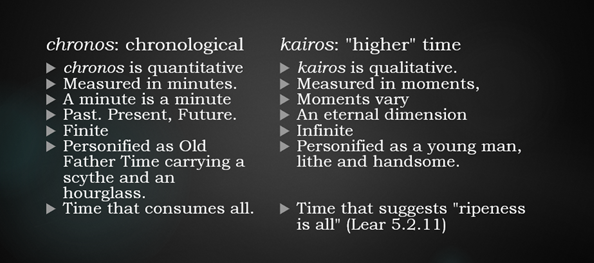
nastya_gepp / Pixabay
Where do we find Truth and Meaning?
Truth and Meaning reside in the individual mind. It wasn’t always so.
The idea that meaning resides in the individual human mind, has been a long time in development. 500 years ago, meaning was external–context mattered.
In the Medieval world and before, the human self was understood in terms of three key relationships. That between God, other people, and the world. These relationships were understood in terms of hierarchies. The most spiritual things were on the top and the most physical things were on the bottom. Angels were at the top, with humans just underneath, then animals, birds, plants, planets, and the purely physical elements.
Each of these categories were ordered in their own hierarchies–the animal hierarchy was headed by a lion with the oyster at the bottom. The elements were framed by gold and lead. The planets from sun, to moon, to the other “spheres” to lowly earth. And every human lived between the king at the top and the insane beggar at the bottom.
One’s identity, and the meaning of all things, had everything to do with where it fit within all these hierarchies. Meaning and truth were external, sought and discovered in their context.
Freedom From Hierarchies
Then came a series of events that would free the individual from all these hierarchies.
- Religious Freedom came about with the Protestant Reformation which began in 1517 with Martin Luther nailing his Ninety-Five Theses to the door of All Saints’ Church in Wittenberg. This event was the catalyst to a movement that would allow individuals to read a the Holy Scriptures in their own language and interpret the content for themselves.
- Political Freedom came in a series of revolutions. The English Revolution in 1649, the American Revolution in 1776 and the French Revolution 1789 seriously limited or eliminated the hereditary position of king.
- Freedom from the Transcendent/Divine. When did we stop believing in God? Some of us haven’t, but let’s just say that it was in 1882 with Friedrich Nietzsche’s The Gay Science. In it we find those famous lines, “God is dead. . . . And we have killed him.”
- Racial Freedom continues to be clarified, but two significant events are worth mentioning: the Abolition of slavery and America’s Civil War in the 1860 and the Civil Rights Movements of the 1960s.
- Freedom for Women – In the first have of the 1900s women won the right to vote in many Western countries. Countries. Progress in even more equality were won in the 1960s.
- Sexual Freedom was also a part of the 1960s.
- Freedoms related to Sexual Orientation have been won in many jurisdictions in the last decade.
- Freedom from Biology – 2015? The latest emancipation seems to be from our biology. Caitlyn Jenner and Rachel Dolezal are representative of this new-found freedom against biological gender and race respectively.
Total Freedom, Increasing Isolation
This is where we are now. For the modern self, context doesn’t matter–meaning is internal, within the individual human mind. There is no authority higher than the self. The modern human is an autonomous human, not to be ruled by God, pope, king, or biology.
There are some consequences to this shift from external to internal meaning. Just one effect is our isolation from other people and things.
We aren’t as engaged in our world as we once were: In his book, Bowling Alone Robert Putnam points out that civic engagement has been in steady decline in the last third of the century. What is the evidence? We don’t do a bunch of things as much as we used to, things that Putnam suggests are indicators of civic engagement.
- newspaper reading;
- TV news watching;
- attending political meetings;
- petition signing;
- running for public office;
- attending public meetings;
- serving as an officer or committee member in any local clubs or organizations;
- writing letters to the editor;
- participating in local meetings of national organizations;
- attending religious services;
- socializing informally with friends, relatives or neighbors;
- attending club meetings;
- joining unions;
- entertaining friends at home;
- participating in picnics;
- eating the super with the whole family;
- going out to bars, nightclubs or taverns;
- playing cards;
- sending greeting cards;
- attending parties;
- playing sports;
- donating money as a percentage of income;
- working on community projects;
- giving blood.
As far as I know, there is no proof that civic disengagement is a result of the radical individualism I have described, but it seems to follow.
Freedom and Individuality are good things, but they are not ultimate things. We’ve made them ultimate things–we judge everything based on the degree to which it aligns with the worship Individual Freedom. But good things cannot fulfill the demands made of them when we put them into the place of God. They will become very cruel gods before too long, but before that, they will move us away from the other. That they move us away from relationships, suggests their inadequacy as gods, for we find we are most fully human within our relationships–the purpose for which we were made.









